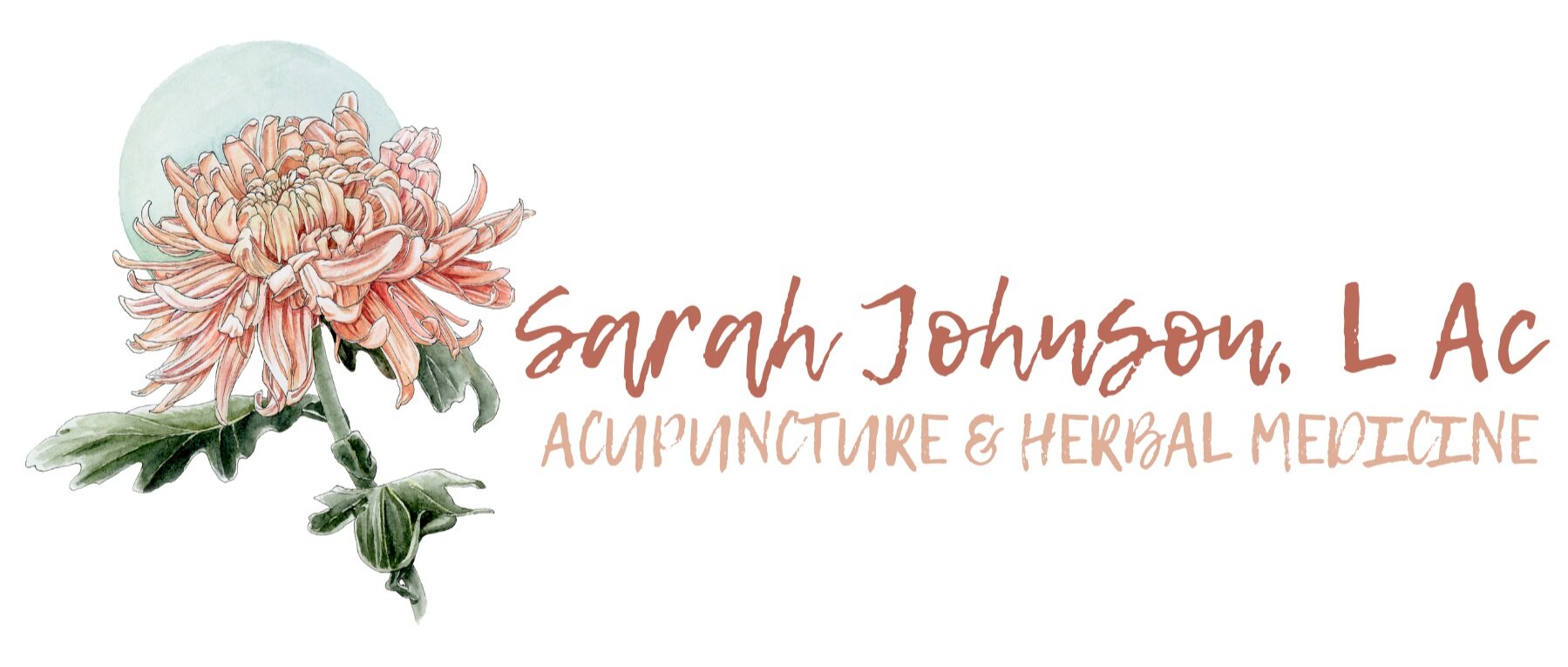The Role of the Heart in Traditional Chinese Medicine
The role of the heart according to Traditional Chinese Medicine (TCM) has exceptional importance. Its function parallels its Western anatomic function of pumping blood throughout the body to maintain life, but in the Eastern tradition it is also intimately involved with mental and emotional processes.
According to Traditional Chinese Medicine (TCM), the heart is the "monarch" and is the sovereign ruler of all other organs. Not only does it control the blood and blood vessels, but it houses what we call the shen, or spirit which shines from a person's eyes and face. In 5 element theory of Chinese Medicine, the element associated with the heart is fire and the related emotion is joy. A person with a balanced heart and shen emanates a subtle joy much of the time. Picture smiling Buddha!
When we experience a heart imbalance it is often evident through the shen. A heart imbalance is usually caused by heat in the body, perhaps due to an unbalanced diet containing too many rich or spicy foods or can also result from our natural change in hormones such as with menopause. There are different ways that heat affecting the heart can present, but typical symptoms include insomnia, vivid dreaming and anxiety. With more severe heat patterns, there could even be manic behavior.
In Chinese Medicine we can treat these issues by nourishing the heart and clearing heat. This can be done through acupuncture, herbal medicine, and dietary and lifestyle changes. Correcting these imbalances not only helps to resolve physical symptoms, but it helps to restore the shen, allowing the brilliance of the spirit to shine and the joy of life to be felt.

